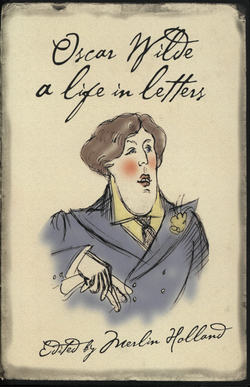Читать книгу Oscar Wilde: A Life in Letters - Оскар Уайльд, Merlin Holland, F. H. Cornish - Страница 51
Discovering America
Оглавление‘Great success here; nothing like it since Dickens, they tell me. I am torn in bits by Society. Immense receptions, wonderful dinners, crowds wait for my carriage. I wave a gloved hand and an ivory cane and they cheer.’
The great break for which Wilde had been waiting came in about October 1881. Earlier that year, in April, Richard D’Oyly Carte had produced Gilbert and Sullivan’s Patience at the Opera Comique, London. The opera satirised the contemporary ‘aesthetic’ movement, and the character of Bunthorne, the Fleshly Poet, though perhaps intended for Rossetti, was generally taken as a caricature of Wilde. Patience opened in New York on 22 September and Colonel W. F. Morse, Carte’s American representative, thought that a tour by Wilde himself lecturing on aesthetics, might provide useful publicity, since the American public had not experienced the butt of the satire first-hand. After some last-minute negotiations in London it was agreed that he would receive one-third of the net receipts from the tour once expenses had been deducted. He was accordingly booked to give a series of lectures, sailed on the Arizona on 24 December 1881 and landed at New York on 2 January 1882, where he was reported to have said to the examining customs official (though there is sadly no hard evidence for the anecdote), ‘I have nothing to declare but my genius.’
His first lecture, at the Chickering Hall, New York on 9 January, was on ‘The English Renaissance’ but it was too lengthy and theoretical for many in his audience and the press was critical of his lacklustre delivery. He immediately set about shortening it and within a month it had become ‘The Decorative Arts’ with a much wider popular appeal. He added a second lecture to his repertoire, “The House Beautiful’, for cities in which he had more than one engagement. He also prepared a lecture on ‘Irish Poets and Poetry of the Nineteenth Century’, which he gave in April in San Francisco, accepting with good grace the introductory label of ‘Speranza’s Boy’, bestowed on him by the expatriate Irish, whose memories of Jane’s role in the famine years were still warm.
